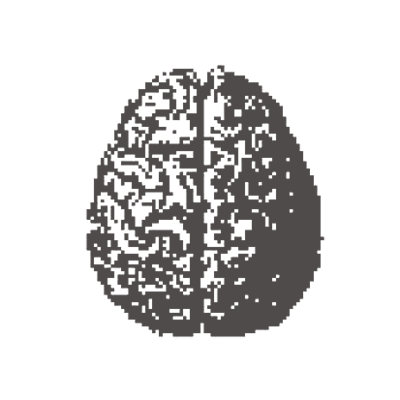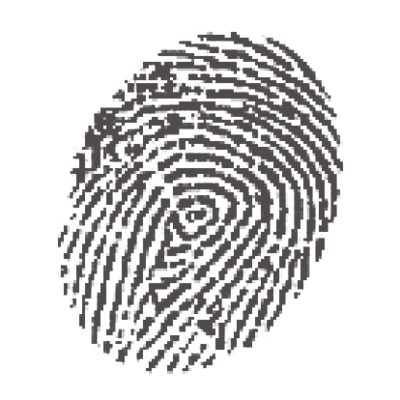Visit the newtech.law blog
10 października wystartował blog newtech.law. Znajdą się na nim teksty dotyczące nie tylko prawnych, ale również etycznych, kulturowych i społecznych aspektów nowych technologii.

The future of legal services in a world of artificial intelligence
Will AI replace lawyers and judges or simply change the way they work and think about the law?

Technology and its discontents
Any new technology that gains universal application changes the existing world. The reconfiguration occurs imperceptibly but thoroughly. But in this new reality, how should the rule of law, values essential to the civil society and human rights be protected?

Beware of electronic form
A year has passed since introduction into the Polish civil law of revolutionary but not widely noticed changes in the form of legal transactions. A few examples will illustrate how important these changes are.

Uber: transport services, not e-commerce?
According to the advocate general’s opinions in C-434/15 Elite Taxi and C-320/16 Uber France, Uber does not provide information society services, but local transport services which may be regulated by EU member states.

Cybersecurity and the healthcare sector
It has generally been assumed that sectors like finance, energy and transport are most at risk for attacks by cyber criminals. But according to forecasts by Europol, in 2017 sensitive medical data of patients stored in poorly secured hospital systems will be in the front lines of cyberattacks. Blocking of the IT system or leaking of patient data can disrupt the work of a medical unit to such a degree that it is unable to treat patients until it pays a heavy ransom to cyber criminals. Is it possible to protect against such a scenario?

PSD2: Strong customer authentication
Proposed standards for strong authentication stir numerous controversies.

New Act on Trust Services and Electronic Identification
The Act on Trust Services and Electronic Identification is intended to adapt Polish law to the EU’s eIDAS Regulation. Among other things, it repeals the Electronic Signature Act. The new act is part of a broad trend toward creation of a new regulatory framework for digital commerce.

Is Polish law ready for FinTech?
Financial technologies need specific legal solutions and an open approach to the law.

Can capturing Pokémons put you on the wrong side of the law?
Players hunting for virtual creatures could end up facing real-life civil or even criminal liability.

Terrorism and new technologies
Recent terrorist attacks have revealed the dark side of new information technologies. Organiz¬ers of attacks, or fighters for the “Islamic State,” have ruthlessly exploited the latest communica¬tions technologies. For example, according to media reports, terrorists have arranged attacks via PlayStation tools or encrypted instant messaging services. Polish lawmakers decided to respond to this phenomenon by passing the Anti-Terrorism Act of 10 June 2016.

Crowdfunding and cybersecurity
Operators of crowdfunding platforms should carefully follow the work on the Network and Information Security Directive. The last draft of the proposal suggests that crowdfunding platforms could be covered by the directive.
